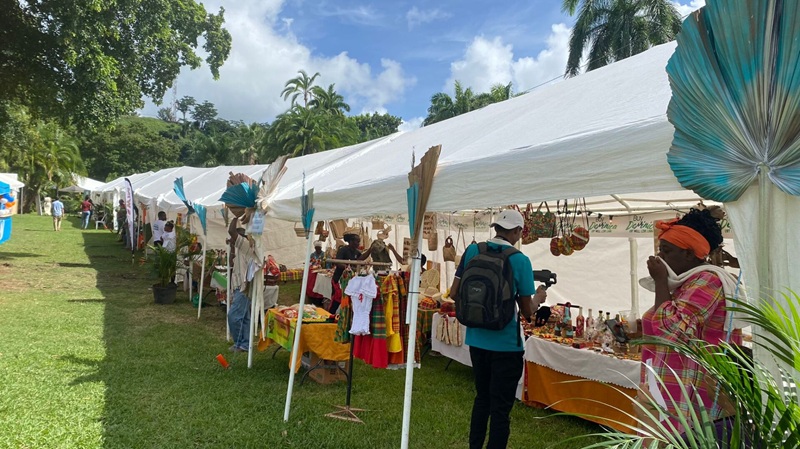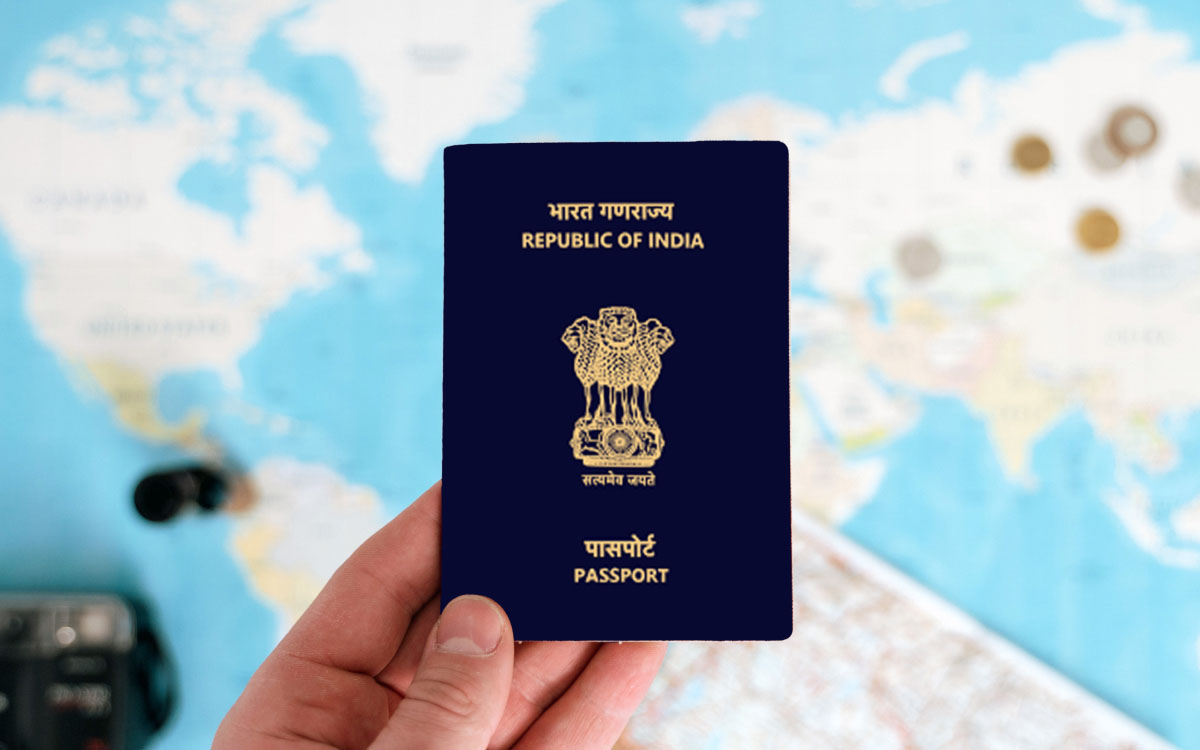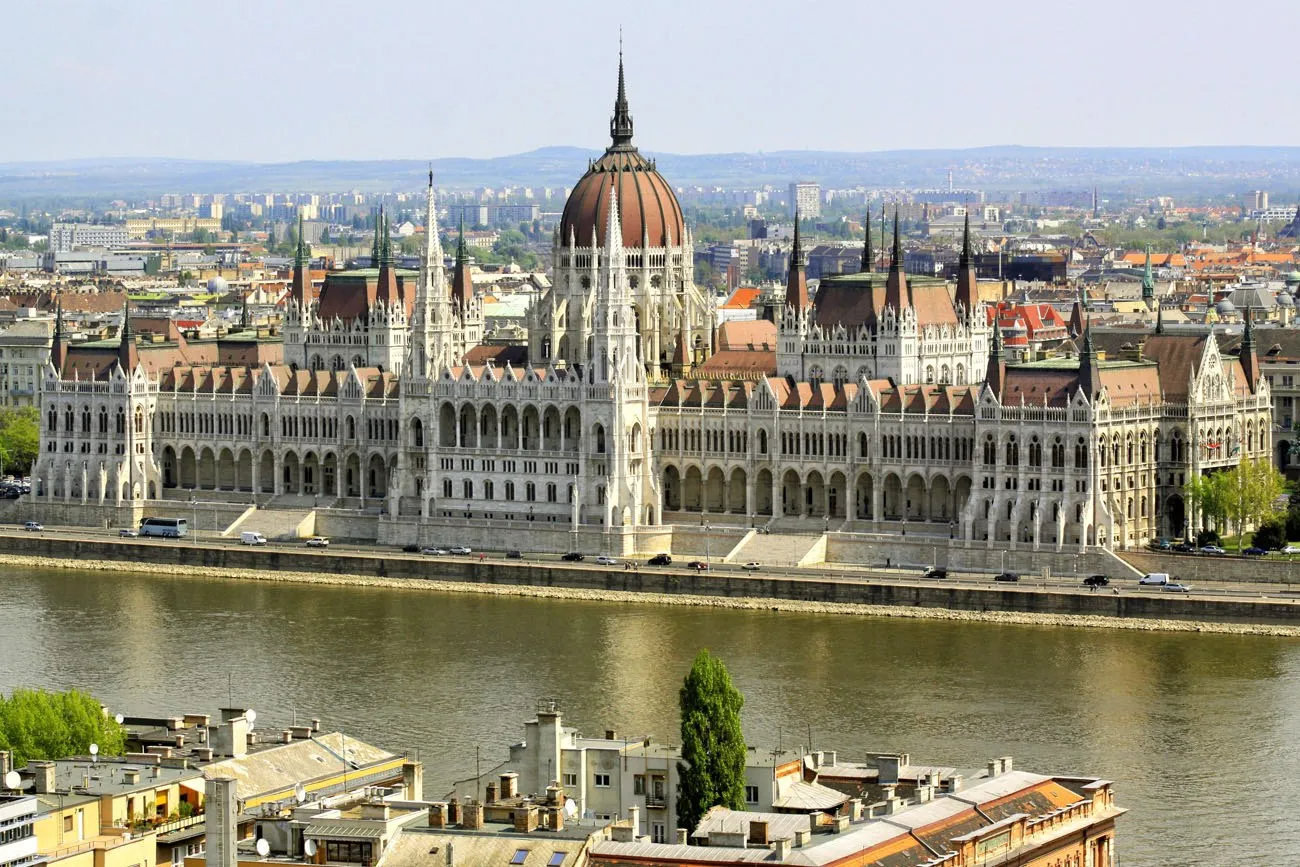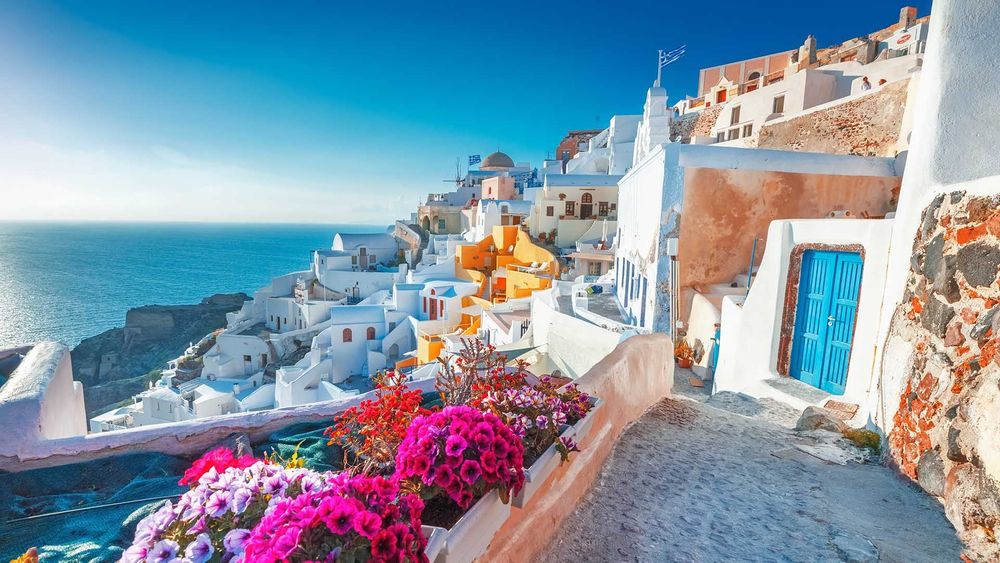Often called the “Nature Island” of the Caribbean, Dominica has been steadily increasing in popularity for many looking to become an expatriate, retire, or merely relocate. Rich in emerald landscapes, diversified biodiversity, and serenity, it allows residents to enjoy peaceful lives in a naturally dramatically beautiful setting. Up to February 2025, Dominica is one of the more reasonably priced options for citizenship compared with other Caribbean countries, thus attractive and popular with those wanting reasonable costs and living prices in Dominica without compromising lifestyle quality. Living prices in Dominica are an essential consideration for anyone looking to move here.
This guide covers living expenses and living prices in Dominica, from housing and food to transportation, healthcare, and education costs. Whether retirement, business, or simply a change of scenery is in the cards, this guide will provide the practical insights necessary to budget effectively for life on the island. With its affordable lifestyle and welcoming community, Dominica is a promising destination for newcomers who balance natural beauty with the living prices in Dominica, making it a smart choice for relocation.
Understanding Living Prices in Dominica
Why Living in Dominica Might Be Ideal
Residing in Dominica in 2025 would be a very good chance to have stability, reasonable living prices, and nature for personal and professional growth. It enjoys the perfect mix of economic stability, favourable tropical climate conditions, and strong government initiatives put in place to attract foreign investment. Of importance, Dominica Citizenship by Investment program has grown to become a major incentive for expatriates, offering residency in exchange for investment into the island’s development. This is of most interest to high-net-worth individuals, entrepreneurs, and retirees seeking to resettle in a Caribbean destination offering tranquility, yet still providing opportunities for business and affordable living prices in Dominica.
Understanding the living prices in Dominica is crucial for effective budgeting and planning. The affordability in this beautiful island enables a comfortable life without the stress of high expenses. With living prices in Dominica remaining low, it is easier for residents to enjoy a quality lifestyle.
Dominica is a very attractive option for retirees or people who want to work at an affordable cost without compromising the quality of life, as the cost of living in Dominica is very low compared with most Caribbean countries. Dominica government has been promoting eco-tourism, and the policies it laid down encourage the same principle of sustainability and preservation of the environment. Since Dominica has kept on the par with nature, tourism activities and eco-sensitive investments enjoy enormous opportunities for long-term investments. The island is in a very good environmental and conservation state; living there is affordable, with generally attractive features for quiet living in the current growing economy. Therefore, it can be taken as an ideal home.
Housing and Accommodation Costs
Renting in Dominica is competitive in price and, therefore, relatively affordable for expatriates. The normal price for a one-bedroom apartment in the heart of Roseau, the capital, is from $325 to $375 per month, while similar apartments in the countryside or on the outskirts of the city can be a little cheaper at $250 to $300 per month. For those seeking more space, a three-bedroom apartment in Roseau costs approximately $1,335 USD per month, but moves to more suburban or rural areas drop the rent down to about $800 USD to $1,100 USD.
For those considering a move, understanding living prices in Dominica can significantly impact your financial planning and overall experience living on the island.
In addition to rental costs, future residents should also consider the living prices in Dominica for utilities and services that are essential for comfortable living.
For those interested in purchasing property, Dominica remains relatively affordable compared to neighboring Caribbean islands. Smaller plots of land in rural areas can be bought for about $50,000 USD, while more desirable beachfront properties or real estate in prime areas like Portsmouth may cost anywhere between $150,000 USD to $300,000 USD or higher, depending on location and amenities.
Utility costs for electricity, water, and gas are around $100 to $150 USD for a normal apartment of about 85 square meters per month. Internet use ranges from about $50 to $65 USD, depending on unlimited data, monthly. Such prices will depend on your consumption and may change accordingly, but with some other providers, these prices remain not that high compared with other Caribbean countries. On larger properties or with higher energy demands, costs could well exceed $200 USD a month.
Added to this affordability in housing and utilities, the developing infrastructure in Dominica makes it a tough act to beat for any person who might consider immigrating for business, retirement, or a lifestyle change.
Food and Grocery Costs and Living Prices in Dominica: The cost of food in Dominica is relatively affordable, though some goods can be pricier due to the island’s reliance on imports. On average, a single person can expect to spend between $200 USD and $400 USD per month on groceries, depending on their consumption habits and shopping choices. Living prices in Dominica for food make it manageable for most residents.
The cost of food in Dominica is relatively affordable, though some goods can be pricier due to the island’s reliance on imports. On average, a single person can expect to spend between $200 USD and $400 USD per month on groceries, depending on their consumption habits and shopping choices.
- Rice: Around $2 to $3 USD per kilogram for standard brands, although prices may fluctuate based on importation and availability.
- Milk: Generally priced at $1.50 to $3 USD per liter, with local brands being at the lower end of the price range.
- Chicken: A kilogram of fresh chicken costs between $6 to $8 USD, depending on the supplier and the cut.
- Fresh fruits and vegetables: These can vary widely in price depending on seasonality and local availability, ranging from $1 to $5 USD per item. Common items like bananas and plantains tend to be on the lower end, while imported fruits or organic produce can be more expensive.
- Eggs: A dozen eggs typically costs around $3.50 to $4.50 USD.
For those dining out, Dominica offers a range of affordable options:
- A meal at a budget restaurant can cost as little as $7 USD for a simple local dish like stew chicken or fish with rice and vegetables.
- For a more formal three-course meal at a mid-range restaurant, expect to pay around $50 to $60 USD per person. This would include appetizers, a main course, and dessert, with the price varying based on the type of restaurant and location.
- Local beer: A domestic beer like a Piton or Kubuli typically costs around $1.85 USD at a restaurant, making it quite affordable compared to other countries in the region.
These food and dining costs reflect Dominica’s affordable lifestyle, although imported goods can raise prices for certain items. Despite this, the availability of fresh, locally grown produce offers an opportunity for budget-conscious residents to eat well without spending excessively.
Transportation Costs

Transportation costs are an essential part of understanding living prices in Dominica, as they affect overall budgeting and lifestyle choices.
Public transportation in Dominica is available and reasonably priced, though quite cheap for both locals and expats. A single ticket by bus will cost about $0.93 USD, which is super cheap for everyday use. For those traveling more regularly, it’s possible to buy a monthly public transportation pass for around $32.
Taxis are also widely available, and on a meter basis. On average, the cost is about $3.70 USD per kilometer, though prices slightly fluctuate depending on the time of day and distance traveled. Within the capital, Roseau, shorter trips can begin at about $5 to $7 USD.
For those who would want to own a vehicle, fuel costs are another important consideration. As of December 2025, fuel prices in Dominica are around $5 to $6 USD per gallon, reflecting the cost of imported gasoline. Used vehicles for car ownership can range from $5,000 USD to $15,000 USD, depending on the make, model, and condition. But there are hefty added costs in vehicle imports: a 40% customs duty on imported cars, plus a 4% customs service charge and an environmental levy applying to vehicles over five years old, come together to add a hefty extra expense.
Those visiting or requiring only temporary vehicles have the option to rent a car. The rentals usually cost anywhere from $30 to $80 per day in US currency, depending on the type and size of the vehicle, the agency providing the rental service, and how long it was needed for. Small-class cars or compact ones tend to fall within the lower scales of that whereas large-class or even more sophisticated car types end up at higher rates.
Healthcare Costs
Health in Dominica is available through both public and private systems, each with different costs depending on the type of care. Publicly, healthcare is widely available and fairly inexpensive. A visit to a public health clinic will cost anywhere from $10 to $20 USD, well within the reach of the average person for general medical care. However, access to specialized treatments is limited in the public sector.
Similarly, private health care is available at a higher cost for those seeking higher-quality or specialized care. Private doctor consults range from $30 to $60 USD per visit, and dental consults can range from $40 to $80 USD. Although more expensive, the private healthcare system allows for shorter wait times and more advanced services.
Transportation costs play a crucial role in the overall living prices in Dominica, affecting budgeting and lifestyle choices.
Most of the expatriates in Dominica invest in private health insurance, whose monthly premium ranges from 100 to 300 USD. This covers the costs of private medical services and provides access to international healthcare facilities in case of specialized treatments. Many residents travel to other nearby countries such as Barbados or the United States to have procedures that are not available on the island.
When evaluating the option of owning a vehicle, individuals should factor in the living prices in Dominica that include fuel and maintenance, which are essential for daily commuting.
Education Costs
In Dominica, education is free to all school-going children, though a certain amount is spent by the students for uniform, books, and other important things. These are small sums, but parents are forewarned to make provision in costs associated with educating their children.
Another option is private schooling because most tuition in private schools runs between 2,000 to 5,000 USD annually. The cost, again, will depend upon the school and grade in which the student is applying; however, international schools aimed toward expatriates fall toward the higher end of that spectrum. These may offer programs designed to meet international qualifications such as British or American curricula; these could be found in more populated cities like Roseau.
Higher education, including a range of options, is available at the University of the West Indies, with reasonable tuition-from $2,000 to $5,000 annually-for students drawn from the region. Many expatriates obtain higher education through online courses or universities in nearby countries that have greater options for specialized programs; thus, there is the possibility of greater flexibility, access to a wider range of courses and degrees at various price points.
Entertainment and Leisure Costs

Dominica is a veritable haven for outdoor enthusiasts, complete with a host of recreational activities that include hiking and diving. Popular activities also include hiking, eco-tours, and diving, central to the island’s tourism industry. Nature walks and guided eco-tours will generally be between $30 and $100 USD per person, depending on length and tour type. For those who wish to go scuba diving, the price range for a single dive usually ranges from $50 to $100 USD.
For casual restaurants, it is quite affordable, with a meal costing between $10 and $20 USD per head. If someone wants to have more social experiences such as clubbing or enjoying local entertainment events, the entry fee or drinks can cost anything between $15 and $30 USD. The natural environment of Dominica provides many very affordable or even free recreations, such as trying its many hiking trails, visiting beaches, or using eco-tourism spots-all contributing to the overall leisure possibilities on the island without breaking the budget.
Miscellaneous Costs
Personal care services are fairly cheap in Dominica: haircuts and manicures can be given for $10 to $30 USD, depending on the service provider and type of treatment. Home services, such as cleaning or dry cleaning, generally range from $20 to $50 USD per service, depending on the complexity and frequency.
The prices for mobile phones start at basic plans in the range of $20 to $40 USD per month, while higher prices are levied for added data or more premium plans. Generally, Internet services are also accessible, ranging from $50 to $100 USD every month for high-speed broadband, depending on speed and provider. These costs make being connected and living comfortably less difficult, with miscellaneous expenses still manageable.
Conclusion
Dominica is relatively cheaper compared to other Caribbean islands and is an attractive destination for expatriates, retirees, and those wanting a laid-back lifestyle. Compared to many neighboring islands, living in Dominica is reasonably affordable, with housing, food, and transportation costs still within reach of most people. This is further complemented by the affordability of healthcare and education, adding value to living here and enabling residents to access the essential services at a lesser cost. The natural beauty and quiet environment of the island attract those who want a more laid-back life with stunning scenery, ranging from rainforests to pristine beaches.
This could be a comfortable and enriching life for the newcomer to Dominica, if well-planned and budgeted for without undue financial stress. The island opens up many avenues for you, whether moving to work, retire, or change lifestyles, offering ample opportunities to unwind and/or grow. It is also important to bear in mind such factors as fluctuating costs for imported commodities and the private healthcare and education expenses that families may face. Local experts or relocation services can be consulted to provide an overview of the cost of living and relocation, making the transition to life in Dominica a lot easier.
In conclusion, living prices in Dominica make it an attractive option for expatriates and retirees due to the overall affordability and quality of life.
Considering all these factors will give you a clearer picture of living prices in Dominica, ensuring you make informed decisions about your relocation.
Ultimately, living prices in Dominica are a significant draw for those seeking a more affordable lifestyle in the Caribbean.
For those contemplating a move, living prices in Dominica will play a crucial role in your decision-making process.











